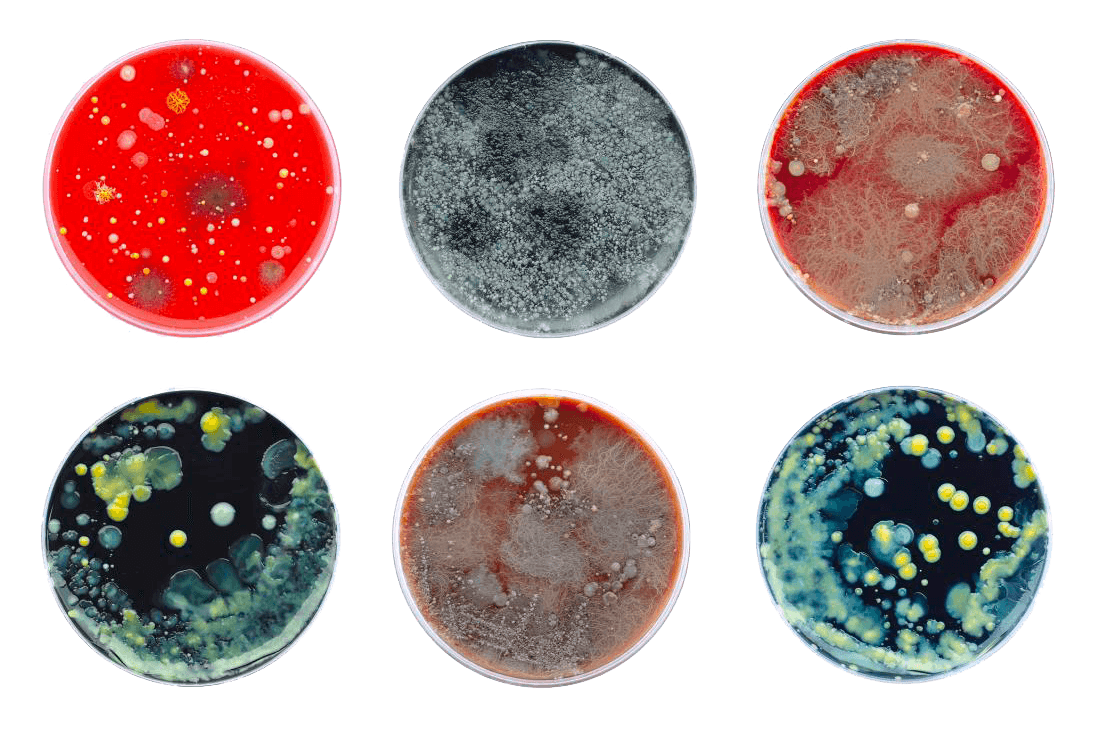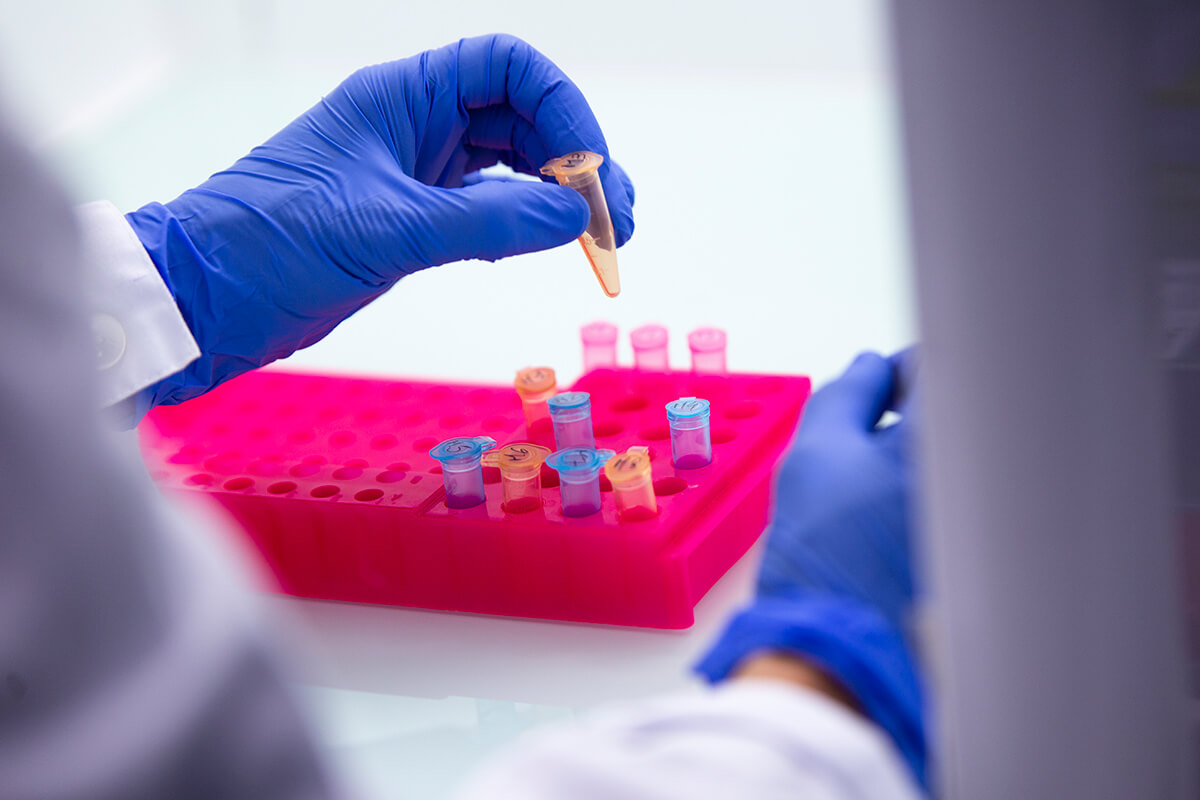Our methodology
We follow a thorough procedure when performing our testing on food: sampling, investigating the raw ingredients and the product and executing an in-depth analysis in our laboratories. We carry out different types of analyses, from the most common tests to prevent or remedy infections and food poisoning — such as allergen, nutritional, pollutant or additive analyses — to any type of available test required by individual companies.





